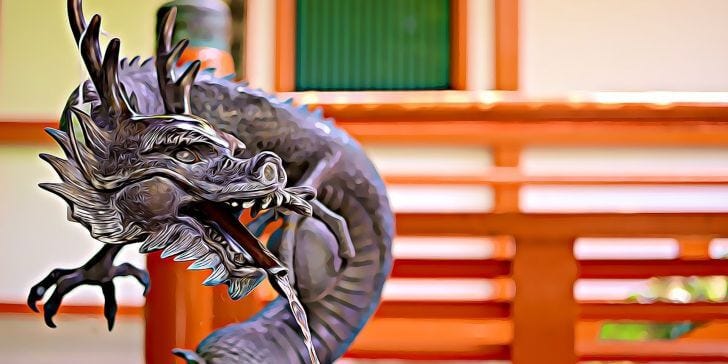3 Ideas in 2 Minutes on Unknown Unknowns
Rumsfeld's Moment, Carl Sagan's Dragon & Taleb's Turkey
I. Rumsfeld’s Moment
Former U.S. Secretary of Defense Donald Rumsfeld famously pondered the lack of evidence for Iraq having supplied weapons of mass destruction to terrorist groups:
Reports that say that something hasn't happened are always interesting to me, because as we know, there are known knowns; there are things we know we know. We also know there are known unknowns; that is to say we know there are some things we do not know. But there are also unknown unknowns — the ones we don't know we don't know. And if one looks throughout the history of our country and other free countries, it is the latter category that tends to be the difficult ones.
ICYMI, check out my essay on The Mind Collection Model: How to Explore the Known Unknowns.
II. Carl Sagan’s Dragon
In their 1995 book The Demon-Haunted World, astrophysicist Carl Sagan and co-author Ann Druyan made a point about the falsifiability of science. They invoke a fire-breathing dragon supposedly living in Carl’s garage.
In the story, a visitor drops by, interested in seeing the dragon. However, he’s repeatedly confronted with explanations why this is impossible: It’s impossible to observe it because it’s invisible, impossible to reveal its footprints by spreading flour on the floor because it’s floating, impossible to detect the dragon’s fiery breath because the fire is both invisible and heatless. Sagan concludes:
Now, what's the difference between an invisible, incorporeal, floating dragon who spits heatless fire and no dragon at all? If there's no way to disprove my contention, no conceivable experiment that would count against it, what does it mean to say that my dragon exists? Your inability to invalidate my hypothesis is not at all the same thing as proving it true. Claims that cannot be tested, assertions immune to disproof are veridically worthless, whatever value they may have in inspiring us or in exciting our sense of wonder. What I'm asking you to do comes down to believing, in the absence of evidence, on my say-so.
—Carl Sagan & Ann Druyan, The Demon-Haunted World
III. Taleb’s Turkey
Essayist and former risk analyst Nassim Nicholas Taleb popularized the idea of Black Swans, improbable high-impact events that are only obvious in hindsight. To illustrate his point he relates the story of a Thanksgiving turkey:
Consider a turkey that is fed every day. Every single feeding will firm up the bird’s belief that it is the general rule of life to be fed every day by friendly members of the human race ‘looking out for its best interests,’ as a politician would say. On the afternoon of the Wednesday before Thanksgiving, something unexpected will happen to the turkey. It will incur a revision of belief.
—Nassim Nicholas Taleb, Black Swan: The Impact of the Highly Improbable
As Taleb notes, though, the event was only unexpected from the turkey’s perspective. The butcher knew it all along.
I’ve written in-depth about: Black Swans: How to Predict the Unpredictable. 🐘
Have a great week,
Chris
themindcollection.com


